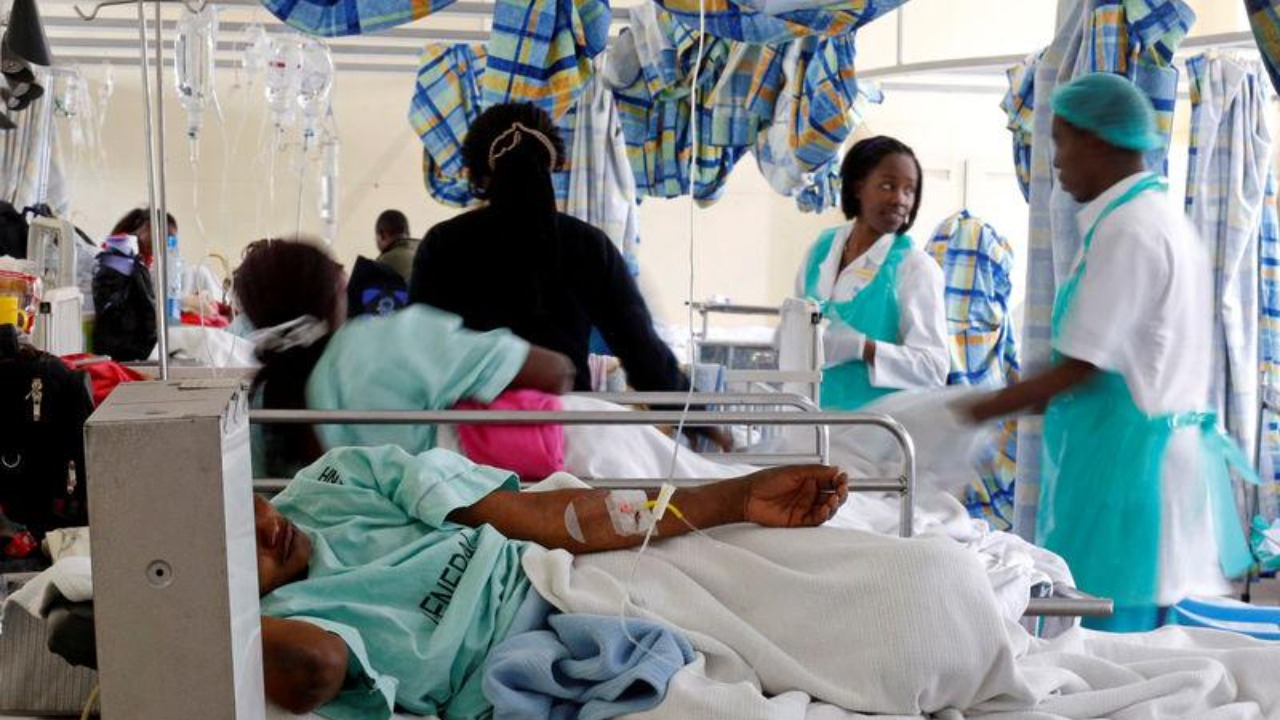Cholera Outbreak Worsens in Africa

In Kenya currently, there are twenty-five cases of cholera that have been confirmed in Sindo, Homa Bay County. Health officials are on high alert after patients from Wadiang'a Beach were rushed to the hospital on Saturday.
The patients are beach fish traders and fishermen. The symptom the patients mostly faced was diarrhoea.
Health Chief Officer Kevin Osuri confirms the number of cases on Sunday, adding that 21 people were still admitted.
“The rest of the patients were treated and discharged after their conditions improved,” he said.
According to the authorities, the spread of the disease started from the use of water from the lake which contributed to the disease. Some say that the lake has been contaminated by activities such as washing of vehicles at the beach.
But is believed, that Wadiang’a Beach could be the epicentre of the disease.
Health officials warn that the disease could spread all over the sub-county as this will be a disadvantage to the residents because the majority relies on Lake Victoria for water.
According to WHO, Since October 2022, Kenya’s arid northern region has been affected by a cholera outbreak triggered by the impact of a prolonged and severe drought. The country has recorded more than 7800 cases and 122 deaths as of 26 March 2023.
According to Health Official Chief Kevin Osuri. ‘As of today, we have 37 cases admitted in our facility at Sindo with the confirmed numbers distributed as follows Sindo village-18 Wading'a Beach-12, Nyagwethe-3, Kaloko-1 and Manganga-1. All the confirmed cases have been classified as local transmissions and suspected cases are epidemiologically linked to the confirmed cases, were found within the same locality or had visited the same places.’
Also in South Africa, some parts of the country are suffering the same fate. The provincial health chief stated that more personnel, including doctors and nurses, were being mobilized to deal with the outbreak, which was centred in Hammanskraal, a suburb north of Pretoria, South Africa.
"We would like to reiterate and urge the public to avoid known or suspected contaminated food, water and surfaces and wash hands thoroughly with soap before handling food or after using the bathroom," said Nkomo-Ralehoko.
Poverty, conflict, and climate change are being blamed by the World Health Organization for the global increase in cases.
Cholera is transmitted directly through food or water contaminated with faecal material from an infected person. Most infected people develop no symptoms or only mild diarrhoea.
Cholera is contracted from a bacterium that is generally transmitted through contaminated food or water.




